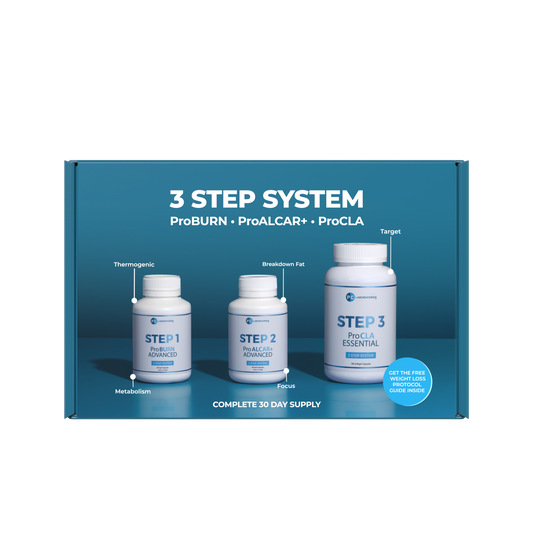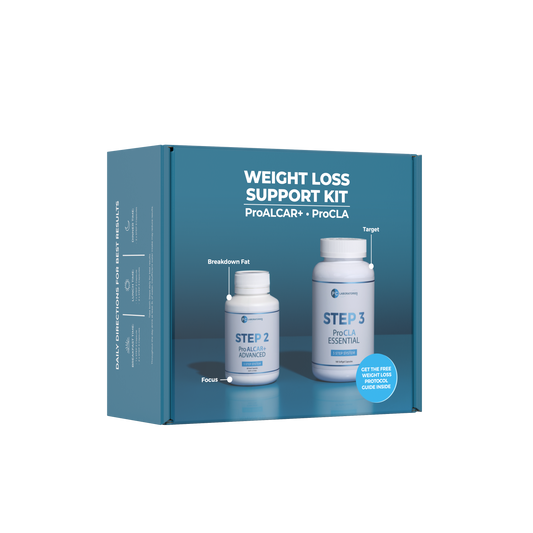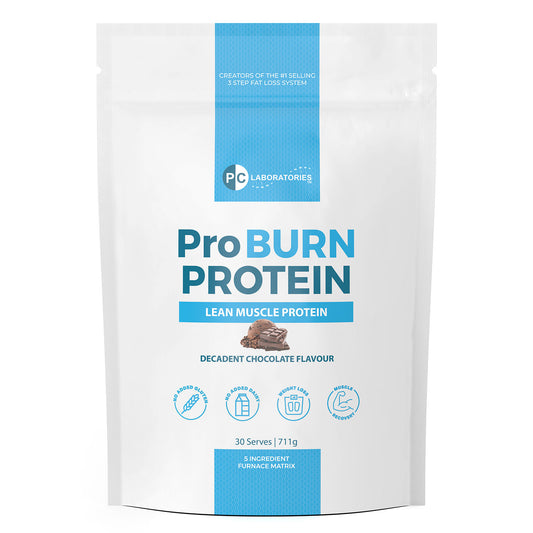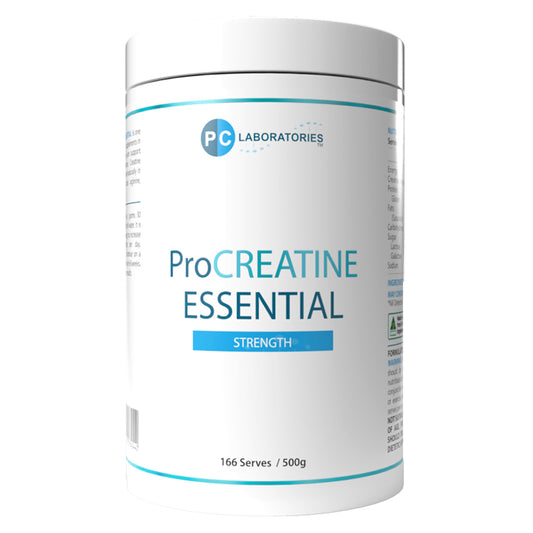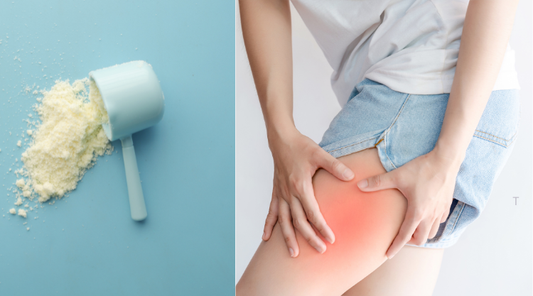What Is Muscle Recovery
After a solid training session, our bodies need the right support for muscle recovery and repair. That feeling like you can’t walk up the stairs after leg day? That’s your sign to bring the correct nutrition, rest and hydration into your recovery routine. Let’s discover the best way to support your recovery and muscle repair daily.
During rest times, your body has to:
- Repair muscle tears from physical activity. Hopefully, these are micro-tears that repair quickly.
- Buffer inflammation after exercise. Inflammation is necessary for muscle growth, yet excess can hinder recovery.
- Build new tissue, this is the muscle growth and strength that we are looking for.
Why Do You Get Sore Muscles?
Muscles can get sore after exercise, particularly if the movement is new to us or intense. A study published in the Nutrients journal states that the destruction of skeletal muscle fibres causes an inflammatory response. This is caused by:
- Micro-tears in the muscle. These are a natural process for growth, and different from injury tears.
- Lactic acid during exercise. A metabolic waste product, lactic acid, is cleared by lymphatic movement and blood flow.
- Inflammation. Immune cells play a crucial role in promoting the growth and repair of your muscles. A normal process, but only in moderation.
- Muscle tension. Poor form, injury and a lack of nutrient intake can contribute to cramping.
Our Top 6 Supplements For Muscle Recovery
| Supplement | How It Works | Best For |
|
Collagen protein- |
Replenish collagen & amino acids | Protein, anti-inflammatory, satiety, and muscle growth. |
| Creatine- ProCreatine Essential | boosts mental and physical energy and strength | Strength & energy boost, mental clarity, pre-workout power |
| Glutamine- ProGlutamine Essential | supports tissue repair | Heals muscles, repairs joints and gut lining health |
| Omega 3s | reduces inflammation | Pain, inflammation and stiff joints |
| Magnesium | muscle relaxation & nervous system regulation | Muscle cramps, tension and stress |
| Electrolytes | moves fluid into cells for hydration & improves fatigue | Cellular hydration |
How To Support Muscle Repair
Hydration
Keep the water topped up, and stock up on electrolytes. Hydration prevents muscle fatigue and allows us to train harder.
Nutrition
Keep up your intake of:
- Omega-3s (fish, seeds, avocado, olive oil) to reduce inflammation.
- Magnesium from Bananas, spinach, dark chocolate, nuts and seeds.
- Protein for amino acids to heal and repair tissue. Red meat, fish, poultry, legumes.
Active Recovery
Gentle walking, stretching, and mobility exercises can help with recovery. They move blood and lymph to remove waste products and promote healing. Curious about mobility exercises? Visit PC Laboratories Mobility blog here for a comprehensive look at the benefits of these exercises.
Heat Therapy
Deliberate heat exposure through saunas, steam rooms, or hot baths carries multiple benefits. Increasing blood flow, relaxing the nervous system and producing heat shock proteins improve recovery.
Muscle recovery doesn’t stop with our recommendations. As technology and science improve, so do remedies that support recovery. Cryotherapy, massage and dry needling also help the recovery process. Stay dedicated to your training as well as your recovery, and feel epic in every workout.
PC Laboratories are at the forefront of muscle recovery formulas backed by science. Browse through their premium range here for results that go above and beyond.
FAQs
Is muscle soreness after a workout a good thing?
Soreness and tension in the muscles can occur after a strenuous or different kind of exercise. This is not necessarily the marker for an effective workout, and could mean you need more muscle recovery support.
Should I still exercise if I’m feeling sore?
This is subjective. Exercise if the soreness is moderate to mild, and don’t overdo it. Active recovery (walking, stretching and mobility exercise) can actually help.
Do muscle aches equal growth?
Not necessarily. It can mean an intense workout, but it can also mean that your recovery is inadequate.
How many rest days should I have a week?
Aim for 1-2 rest days per week. Keep up the active recovery, but give the body a good rest. This is when the gains really happen, and we see muscle growth accelerate.
Why choose PC Laboratories supplements for muscle recovery?
PC Laboratories strives to bring only the highest quality and purest ingredients to their supplements. The formulas are science-backed and clinically trialled for effectiveness. The PC Laboratories supplement range is free from hazardous ingredients like GMOs, sulphates, parabens, glycols, silicones, PEGs and phthalates.
References
Mielgo-Ayuso J, Fernández-Lázaro D. Nutrition and Muscle Recovery. Nutrients. 2021 Jan 20;13(2):294. doi: 10.3390/nu13020294. PMID: 33498579; PMCID: PMC7909540.
Foods high in magnesium, Health Direct. 2025. https://www.healthdirect.gov.au/foods-high-in-magnesium


